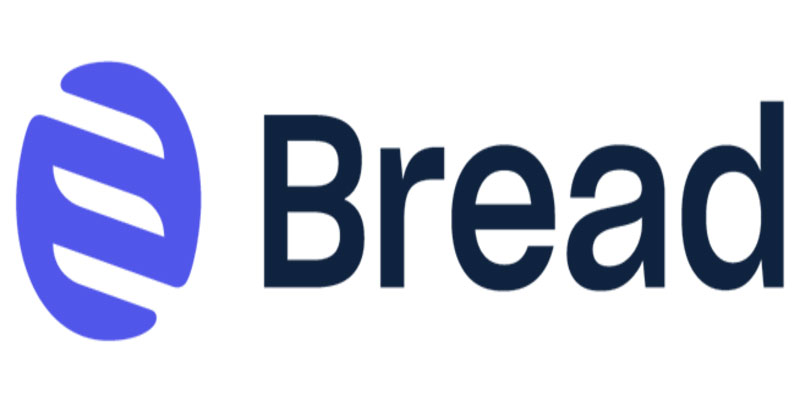
In 2014, Bread Finance was founded as a fintech business to streamline the process by which average individuals can access different types of funding. As most millennials prefer doing financial transactions online, firm co-founders Josh Abramowitz & Daniel Simon recognized an opportunity to fill the market with a digital platform tailored to this demographic. Bread Financial has connections to credit unions, banks, as well as other financial institutions so that it may provide a wide range of financial services, including loans, savings accounts, credit cards, and insurance. The business has positioned itself as a less expensive and more easily accessible alternative to conventional banks. As a result, it has attracted a younger generation of clients searching for a simple and open approach to getting banking services. This analysis will focus on Bread Financial's company strategy, offerings, intended clientele, potential income streams, and key competitors.
Business Model
The core of Bread Financial's strategy is to simplify and streamline acquiring and using financial services for the general public. Loans, credit cards, savings accounts, and insurance are all made available to customers via the company's network of financial institution partners. Commissions from the sale of goods and services on the bread financial careers platform are the company's primary income source. Because of this, the corporation can provide its customers with affordable rates, increasing the market for its financial offerings. Bread Financial can provide various goods and services through agreements with other financial institutions rather than developing its infrastructure and ensuring regulatory compliance. Bread Financial has expanded thanks to this strategy and is now widely recognized as a frontrunner in the financial technology sector.
Products And Services
Personal loans, credit cards, savings accounts, and insurance are just some of the many financial services available via the Bread Financial platform. Loans from $1,000 to $35,000 are available via the company's partners for 6-60 months maturities. Bread Financial's credit card, the Bread Card, offers incentives and has no annual charge. The organization provides access to savings accounts with attractive interest rates with its banking partners. Bread Finance also provides insurance options by collaborating with major providers.
Target Market

Bread Financial aims to serve millennials and members of Generation Z who value speed and simplicity while shopping for banking services. Customers comfortable handling their funds online will find the company's platform convenient and valuable. Bread Financial's services and solutions are geared toward customers like you who want alternatives to the high fees and limited availability of conventional banking services.
Revenue Model
Earning commissions on selling financial goods and services is central to bread financial stock business strategy. The organization receives a cut of the premiums paid for insurance and the interest and fees collected from loans and credit cards. There are no membership or transaction fees with Bread Finance.
Competition

There are a lot of other fintech firms out there that provide services and products comparable to what Bread Financial does, so competition is fierce. The company's primary rivals include:
- LendingClub is an online marketplace that connects borrowers with lenders to provide personal loans to customers. Like Bread Financial, this firm relies on banking partnerships to distribute its wares to customers.
- The financial technology firm SoFi (pronounced "So-Fi") provides several banking and investing services. The business also provides a rewards credit card to its customers.
- Credit Karma - Credit Score Karma is an online service that helps consumers manage their finances by giving them access to their credit ratings, free credit monitoring, and tailored suggestions for other financial services. Anyone may apply for a credit card or personal loan via the business.
- Robinhood is a financial technology firm allowing users to trade stocks, options, and cryptocurrencies without paying transaction fees. The firm's relatively new service is providing cash management accounts and debit cards.
Conclusion
Bread Financial is a frontrunner in financial technology because its products and services target millennials. The firm can provide various goods at reasonable costs because of its user-friendly and simple platform and its connections with banks and other financial institutions. Earning commissions on goods and services offered via its platform has proven to be a successful business strategy for Bread Finance. Despite the fierce competition in the financial technology sector, Bread Financial has carved out a space for itself by catering to the requirements of millennials and Gen Z by offering a cheaper and more convenient alternative to conventional banks.











